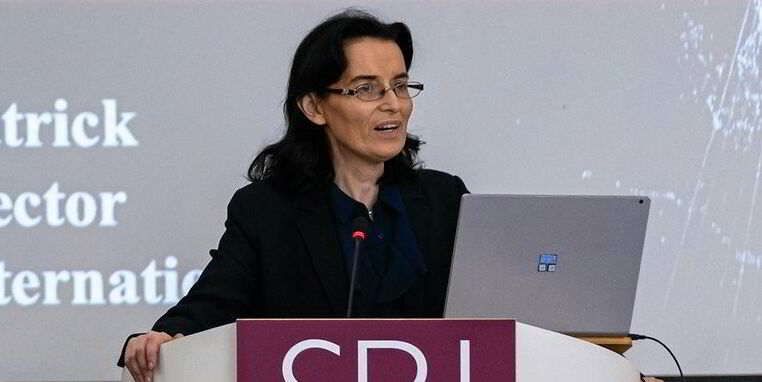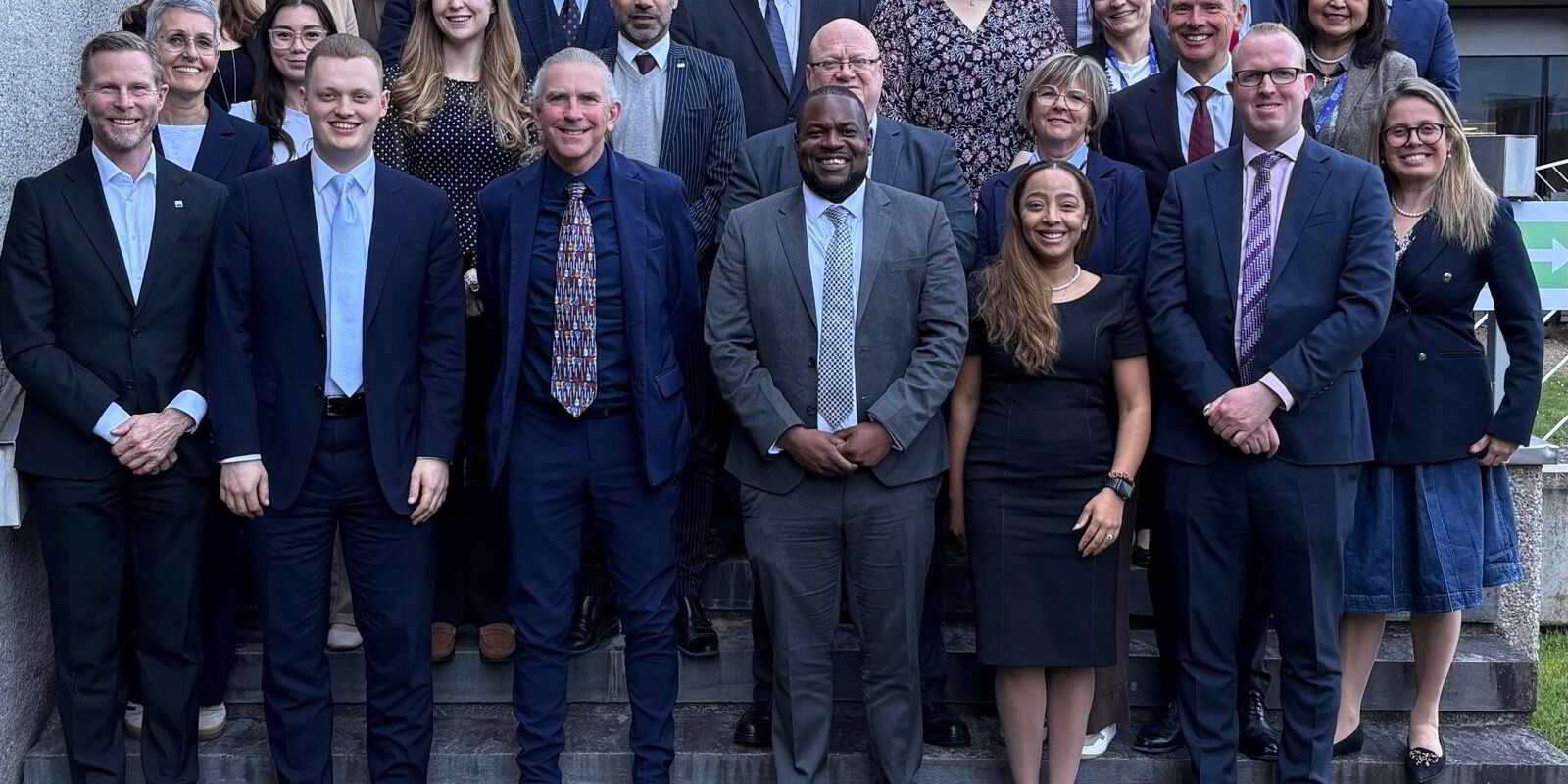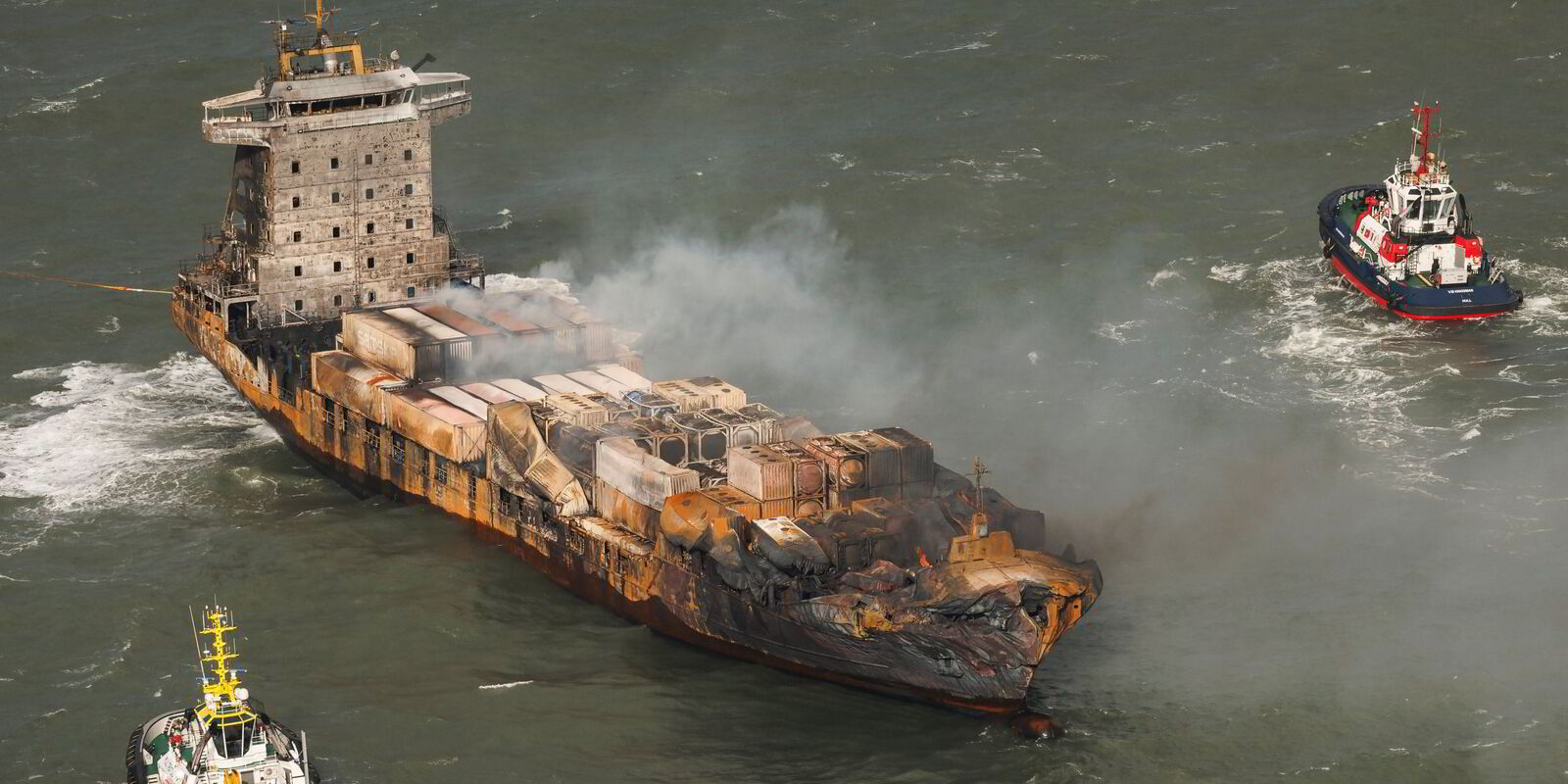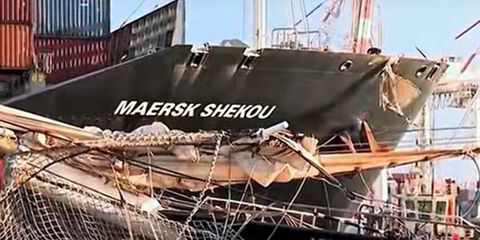Seafarers’ recognition as key workers at an International Labour Organization convention is viewed as a big step forward in securing their rights.
Following changes made to the Maritime Labour Convention (MLC) last week at ILO meetings, the new status seeks to ensure that seafarers receive better protection, easier access to medical care and travel, and stronger support at all times.
Mark Dickinson, International Transport Workers’ Federation (ITF) seafarers’ section vice chair, said: “For the first time in any ILO instrument we have a reference in the code to seafarers as key workers.”
The ITF has advocated for seafarers to be recognised as key workers since the pandemic.
“How seafarers were treated during Covid-19 has not been forgotten, and we have made sure, as best we can, that it won’t be repeated,” added Dickinson, who is also spokesman for the seafarers’ group at the ILO.
Deirdre Fitzpatrick, CEO of Seafarers’ Rights International (SRI), concurred.
“This is a very significant win. SRI has long advocated for seafarers to be designated as key workers and in the end, it was a tribute to tripartism that an amendment could be achieved,” she said.
“States now must meaningfully implement and enforce this historic amendment.”
Fitzpatrick said another important win for seafarers and shipowners was the guidelines on the Fair Treatment of Seafarers now being referenced in a mandatory standard in the code, in the event of a marine casualty or detention of mariners in connection with alleged crimes.
“This has been a hot topic for over 20 years and now it can be hoped that seafarers who find themselves in a nightmare situation of investigation, detention or criminal charges in connection with their professional work will be able to expose any injustices that they face,” she said.
“For too long this subject has been talked about without any meaningful accountability to the seafarers for any unfair treatment.”
Dickinson agreed that this was “really significant in our continued fight against the unjust treatment and criminalisation of seafarers”.
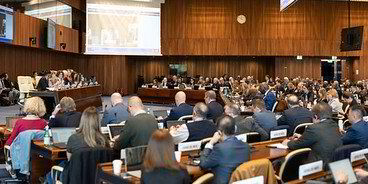
Last week’s meetings also secured a commitment to further action on hours of work and rest. Dickinson expects future discussions to address the lack of enforcement of existing regulations and exemptions.
Lack of enforcement of the MLC is something Fitzpatrick feels strongly about, outlining that more work is needed to secure better implementation and enforcement.
“The MLC is not yet being strictly and evenly enforced around the world. The global playing field is not yet level,” she warned.
A global study conducted by SRI showed that implementation and enforcement of the MLC around the world is only about 65% effective.
‘Ultimate acid test’
Fitzpatrick admitted to TradeWinds that although the “unique” convention has great advantages, being the product of tripartite discussion involving national governments, shipowner and global seafarers representatives brings challenges.
“For the convention to remain vital, it must remain up to date; truly responsive to global demands; and ready to address emerging issues. It must be effectively implemented and enforced around the world,” she said.
In the midst of change and uncertainty, she said the work of the ILO special tripartite committee keeping the convention under continuous review has never been more important.
“A ship caught in a storm must keep moving forward into the storm if it is to keep stable, and so it is with the MLC,” she told TradeWinds.
“Seafarers will provide the ultimate acid test as to whether the MLC succeeds in its goal of ensuring the principles of decent work and the right of all seafarers to decent employment.”
Plans to extend the mandate of the joint tripartite working group of the ILO and International Maritime Organization to continue work on “human element” issues such as seafarer abandonment and fatigue were put forward at the end of the week’s meetings.
ITF seafarers’ section coordinator Fabrizio Barcellona said: “The maritime industry faces skills, recruitment and retention crises — and seafarers will not join a fragmented industry where abuses go unchecked and where fatigue and criminalisation are rife.
“Seafarers must be guaranteed fulfilling careers in which all their rights are protected and respected — and this week we’ve taken another important step towards that future.”
Commitments on preventing and eliminating violence and harassment were also strengthened via new MLC provisions that seek to eradicate “unacceptable behaviour”, the ITF added.
